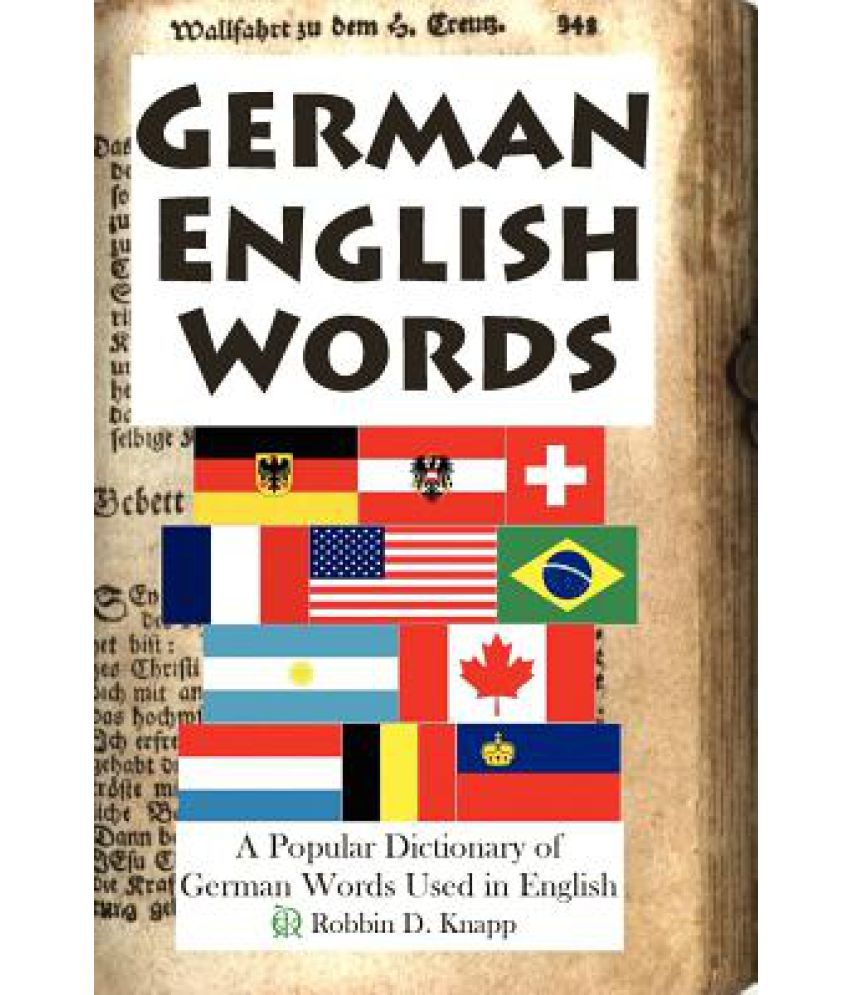

Gugelhupf-a type of cake with a hole in the middle.Grätzer-a beer style named after Grätz, the German name of Grodzisk Wielkopolski, a city in Greater Poland.Gose-a top-fermenting sour beer that originated in Goslar, Germany.Frankfurter (also frank or frankfurt)-a type of sausage.Emmentaler (also Emmental)-a yellow, medium-hard Swiss cheese that originated in the area around Emmental, Canton Bern.Delicatessen (German spelling: Delikatessen)-a speciality food retailer fine foods.Bundt cake (from Bundkuchen in German: a Gug(e)lhupf)-a ring cake.Budweiser-a beer, named after Budweis, the German name of Budějovice, a city in Southern Bohemia.Bratwurst (also brat)-a type of frying sausage.Braunschweiger-a liverwurst cold-cut (though, in Germany, Braunschweiger describes a smoked ground beef sausage).Biergarten-an open-air drinking establishment.Berliner Weisse (German spelling: Berliner Weiße)-a sour beer often infused with fruit syrup.Altbier-a copper coloured, malt-forward, clean and crisp tasting, lighter-bodied beer with moderate bitterness from Rhineland.Main articles: List of German dishes, Austrian cuisine, and Swiss cuisine A number of these expressions are used in American English, under the influence of German immigration, but not in British English. Not every word is recognizable outside its relevant context. Some, such as wurst and pumpernickel, retain German connotations, while others, such as lager and hamburger, retain none. Most of these words will be recognized by many English speakers they are commonly used in English contexts. 3 German terms mostly used for literary effect.2.3.2.2 Selected works in classical music.2 German terms common in English academic context.1 German terms commonly used in English.German common nouns fully adopted into English are in general not initially capitalized, and the German letter " ß" is generally changed to "ss". Some German words are used in English narrative to identify that the subject expressed is in German, e.g., Frau, Reich.Īs languages, English and German descend from the common ancestor language West Germanic and further back to Proto-Germanic because of this, some English words are essentially identical to their German lexical counterparts, either in spelling ( Hand, Sand, Finger) or pronunciation ("fish" = Fisch, "mouse" = Maus), or both ( Arm, Ring) these are excluded from this list.


You can help by adding missing items with reliable sources. This is a dynamic list and may never be able to satisfy particular standards for completeness.


 0 kommentar(er)
0 kommentar(er)
